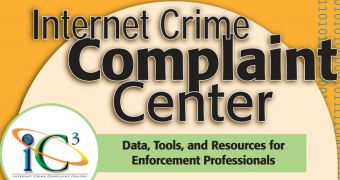The US Federal Bureau of Investigation’s Internet Crime Complaint Center (IC3) has issued an alert to warn Internet users about the new twists added by scammers to previously existing scams. The advisory comes after the agency received a large number of complaints from victims.
The first type of improved scam detailed in the advisory refers to “dating extortion.” In these plots, the crooks pick up their victims on online dating websites.
After gaining their trust, the fraudsters attempt to convince users to take part in saucy conversations.
Soon afterwards, the victims receive a text message with a link to a website that contains their names, phone numbers, photographs and the adult-themed conversations they’ve had with the con artist.
The “cheater” websites offer customers the chance to purchase the conversations for only $9 (5 EUR). The information can also be removed from the site for the price of $99 (80 EUR).
However, according to the victims’ reports, the information wasn’t removed from the websites even after the money was paid.
Payday loan schemes are also highly common these days, but the “improved” variants don’t just involve harassing phone calls, but also home visits from the so-called debt collectors.
In these scams, victims are harassed in every way possible about an alleged loan which they must repay. Although many of the targets of these plots have never applied for payday loans, the con artists keep threatening them until they cave.
“The subjects use coercion techniques such as harassment, threats, and claims that they were representatives of government agencies and law firms,” the IC3 reports.
“The subjects seem to have accurate information on the victims, including social security numbers, dates of birth, addresses, employer information, bank account numbers, names and telephone numbers of relatives and friends.”
If they refuse to pay, the crooks call them at work, call their families and even visit their residences in an attempt to make them hand over the money.
“Over the last couple of months, the scam has evolved from just receiving telephone calls to also receiving official-looking emails purportedly from the United States Attorney,” the IC3 explains.
“The emails reference the FBI, court proceedings, and serious allegations. Allegations include violation of federal banking regulations such as collateral check fraud, theft by deception, and fraudulently conducting electronic fund transfers.”

 14 DAY TRIAL //
14 DAY TRIAL //